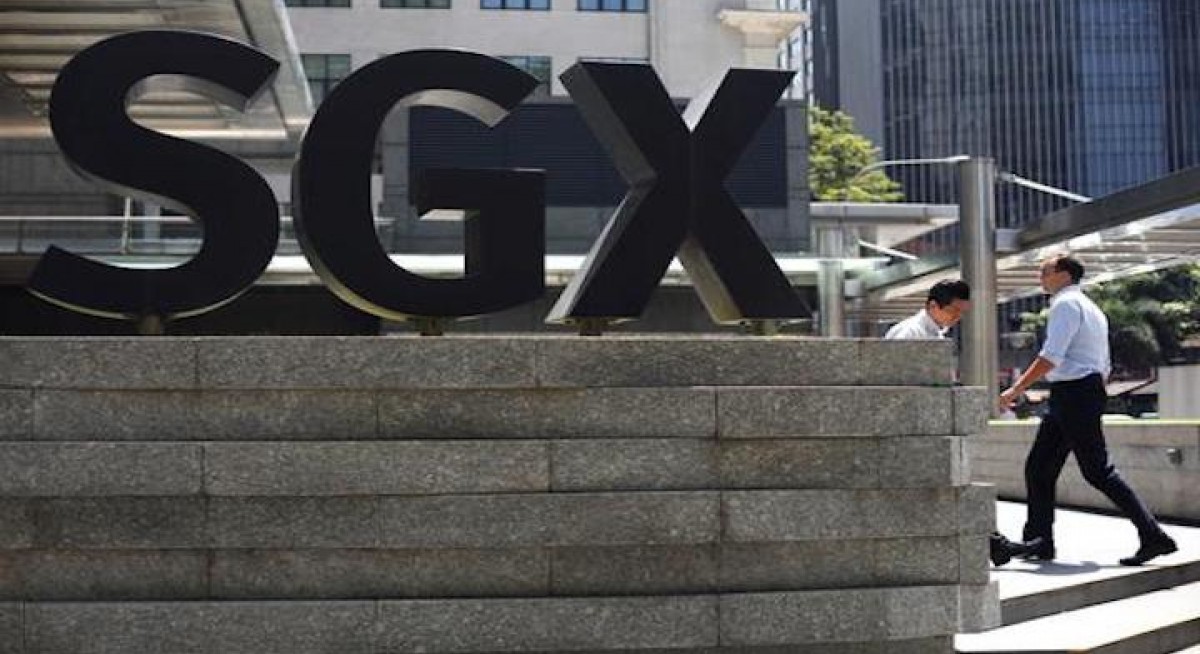“For Singapore, we think the circuit breaker is unlikely to be extended beyond June 1, considering that community cases are on a downtrend with less than 20 community cases per day reported in the past 5 days,” say DBS analysts Kee Yan Yeo and Janice Chua. “Beneficiaries of a gradual easing of movement restrictions are retail REITs - Mapletree Commercial Trust, CMT, Lendlease, F&B - Koufu, and Public Transport - ComfortDelgro.”
DBS also points to unverified newswire reports that suggest that China may begin to relax essential travel restrictions with various Asia-Pacific countries, with Hong Kong already relaxing its borders to some mainlanders by waiving the requirement for a 14-day isolation. Mainland China, Hong Kong and Macau are likely to be the first three countries to relax restrictions - benefitting Mapletree NAC Trust and Koufu - followed possibly by South Korea.
Additionally, investors have been urged to top-slice Covid-19 beneficiaries such as Netlink NBN Trust, Sheng Siong, and Singapore Exchange (SGX); the latter two outperformed the benchmark STI y-t-d in excess of 20%. With these firms likely to consolidate their gains following the lifting of circuit breaker measures, investors should seek to lock in a portion of their gains before the more optimistic outlook erodes some market demand for these stocks.
A key risk factor, however, is the potential for a second wave of Covid-19 infections resulting in the resumption of lockdown measures, with Singapore and Hokkaido serving as cautionary tales of viral resurgence. This is after both countries’ respective governments had initially thought the pandemic had been adequately controlled.
See also: Analysts see further upside for CICT on upcoming hougang central site development
With most countries consequently likely to retain some travel restrictions, DBS is also cautious about stocks in the hospitality and tourism industry. The research house downgraded Genting to “hold” on earnings cut of 22-40% and SATS to “sell” after reports of a possible loss of S$70m for 1Q21.
Recovery from the global recession is likely to be slow in 2HFY20 given weak consumer and investor sentiment, expiration/reduction of fiscal support measures and possible bankruptcies, defaults, and retrenchments ahead. Markets may also be further buffeted by heightened geopolitical risks going forward, as the US leads calls by the international community for an investigation into China and the origins of Covid-19. With US President Donald Trump hinting at a new trade war against China over Covid-19, global export demand may be unable to lead a global recovery from the Covid-19 recession.
See also: Analysts stay positive on CLAS thanks to its consistency and stability
“Our Singapore economist sees a deep -5.7% y-o-y GDP contraction. Stocks under our coverage are expected to suffer a 12% earnings cut for FY20F dragged down by banks [such as] UOB and OCBC; transport-related stocks [like] SATS and ComfortDelgro, and consumer discretionary [stocks, such as] Genting SG. We have lowered our STI (Straits Times Index) year-end target to 2850. The current STI rally should be capped at 2670 to 2740 in the near-term with subsequent technical downside risk to 2,300 in the coming months,” warned Yeo and Chua, with hotel & restaurant (-46%) and construction (-26%) bearing the brunt of the worst recession since Singapore’s independence.
The present rebound should therefore not be interpreted as a sign of good things to come, but rather as a counter-trend rally within a bear market. In the face of rising unemployment, weak business/consumer sentiment and food inflation, the analysts predict a technical decline in the STI to 2400 or 2300.
“History shows major correction doesn’t end with a single plunge. The STI’s behavioural tendency following a sharp plunge and an initial bounce was either at least one attempt to retest the low or a fall to a lower-low before hitting bottom. We expect STI to turn down again as economic reality sets in following a global recession...when May/June economic data does not support a V-shape recovery,” they concluded.



